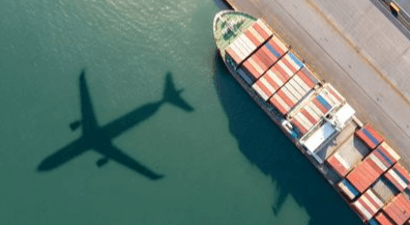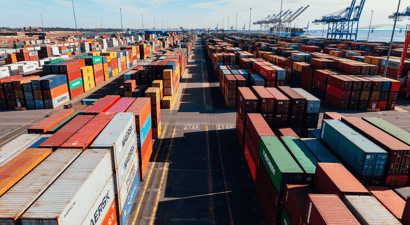SA Should Act Decisively to Realise Regional Hub Potential
The Comprehensive Maritime Transport Policy for South Africa launched by the Department of Transport (DoT) last month could potentially boost the industry and economic growth – but only with sufficient financial allowances and transparency to prevent corruption. This is the view of legal maritime industry experts, Shepstone and Wylie’s international transport, trade and energy department attorneys Wesley Wood and Shane Dwyer who said the policy, which was gazetted on 12 June and officially launched by the DoT in Durban late last month, would take eight years to implement.
“The CMTP is only a policy at this stage and its implementation will depend on the development of a comprehensive framework and the enactment of legislation catering to various aspects. The DoT envisages an eight-year plan for the implementation of the policy in various stages,” Wood said.
The CMTP sought to elaborate on the policy directives of the White Paper on National Transport policy of 1996 to revive the maritime sector, contribute to transformation and address the inability of South Africa to carry its own import and export trade, he added. And trade has been in decline since the 1980s notwithstanding the fact that close to 80% of international trade is by sea. Another aim of the CMTP is to encourage the ownership, financing and registration of merchant ships on the South African ship register.
“The policy seeks to address problems with existing infrastructure and the need to develop infrastructure as well as the need to adequately train and develop those in the sector or those wanting to gain entry. This in order for the sector, which is viewed as one of the ‘priority economic sectors’, to reach its full potential in order to contribute to the competitiveness of the country as a maritime nation,” Wood said.
Advances in technology and innovation are also high on the agenda. Wood said the policy was “meritorious” and government and the private sector “should not lose any time” in pursuing opportunities available to the country as a regional trade hub along one of the major sea-trading routes. “The socio-economic aims of the policy are very positive and encouraging, particularly in the current economic climate. The clear intention to develop infrastructure could signal a potential boom in the economy which could aid our ailing GDP,” Wood said.
However, the aims of the policy could only be achieved with the buy-in of all related government departments and appropriate allocation of resources for the construction and improvement of infrastructure and skills development, he warned.
“Fiscal constraints will always have a direct bearing on the realisation of otherwise well-intentioned policies. Issues that have plagued South Africa in recent years, such as maladministration of governmental organisations and parastatals, misallocation/ misappropriation of state funds and corruption in the tendering and procurement processes must be avoided in order for the policy to stand any realistic prospect of being a success,” Wood said.
For more information on the above, please contact:
Wesley Wood
Partner
International Transport, Trade & Energy department
wood@wylie.co.za
+79 503 6133
Shane Dwyer
Partner
International Transport, Trade & Energy department
dwyer@wylie.co.za
+27 82 443 7653





